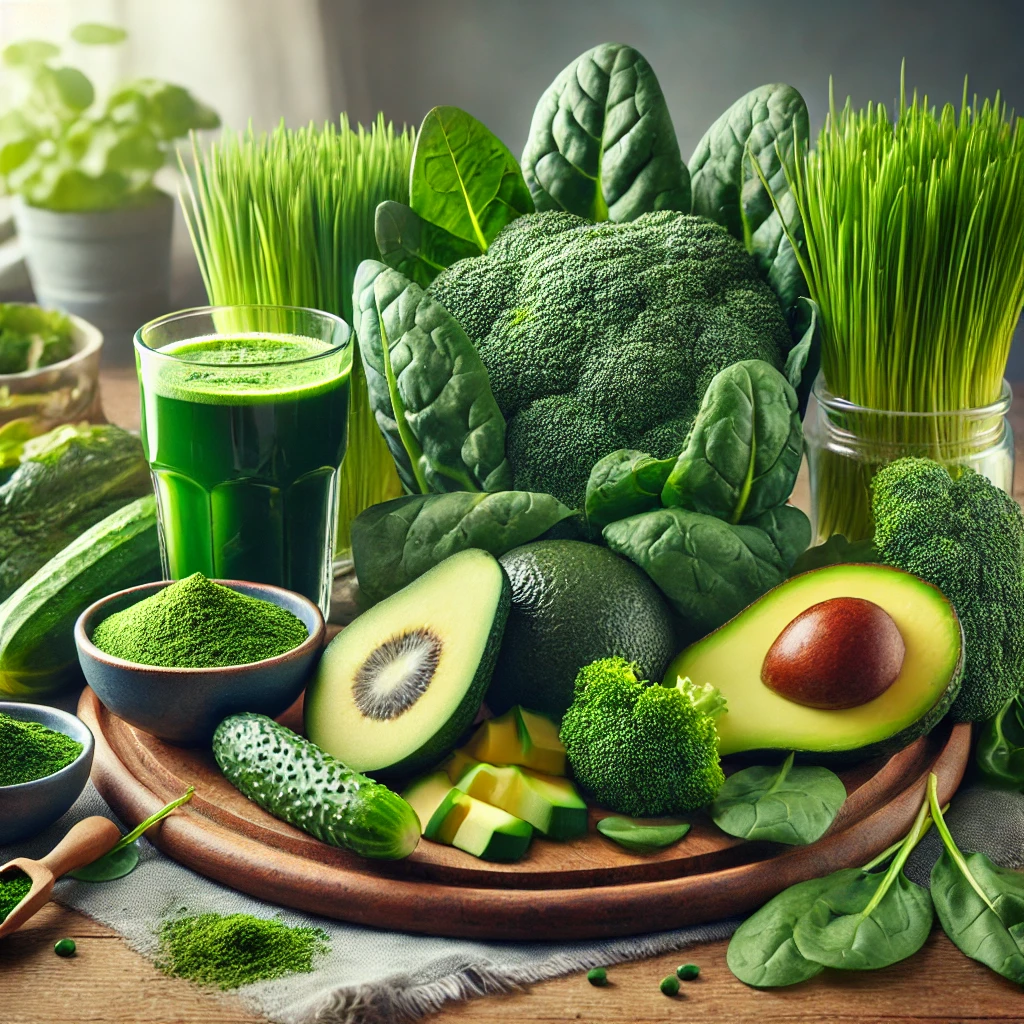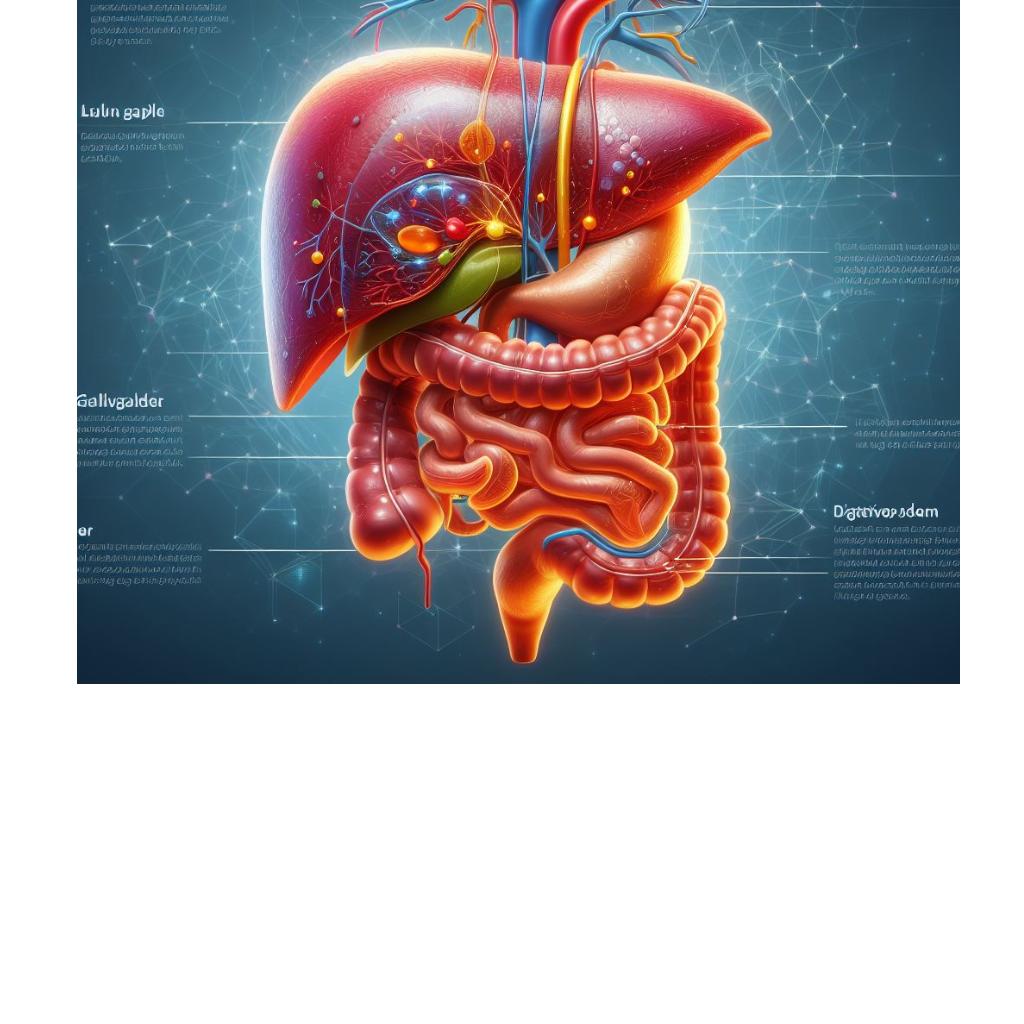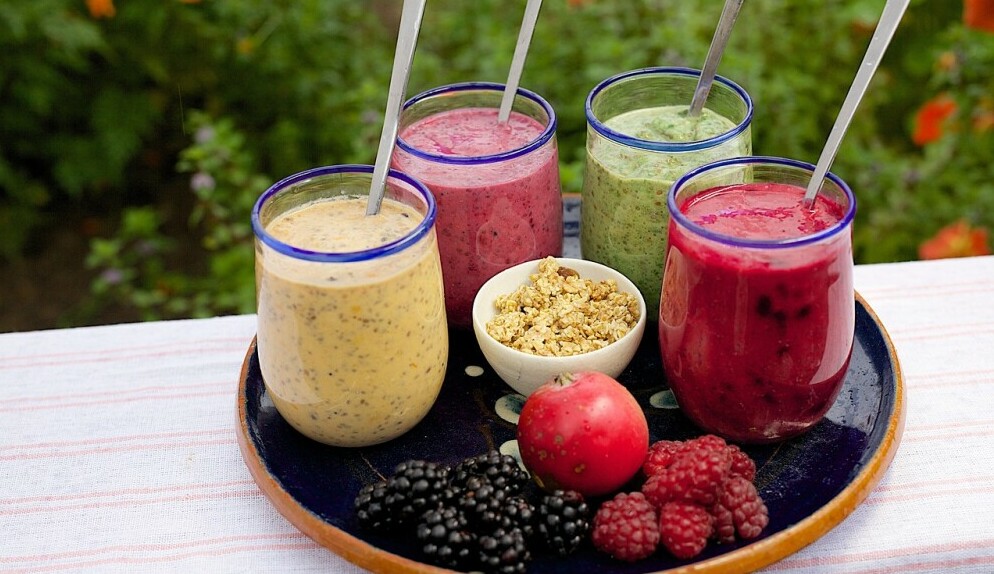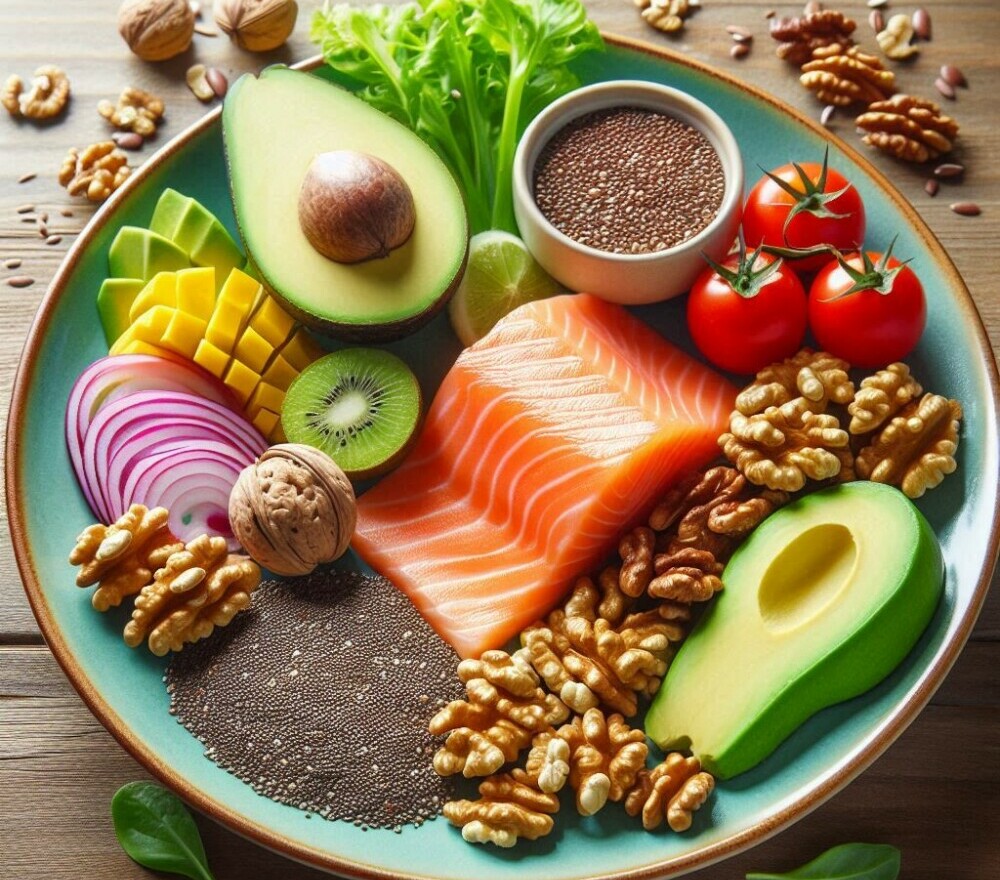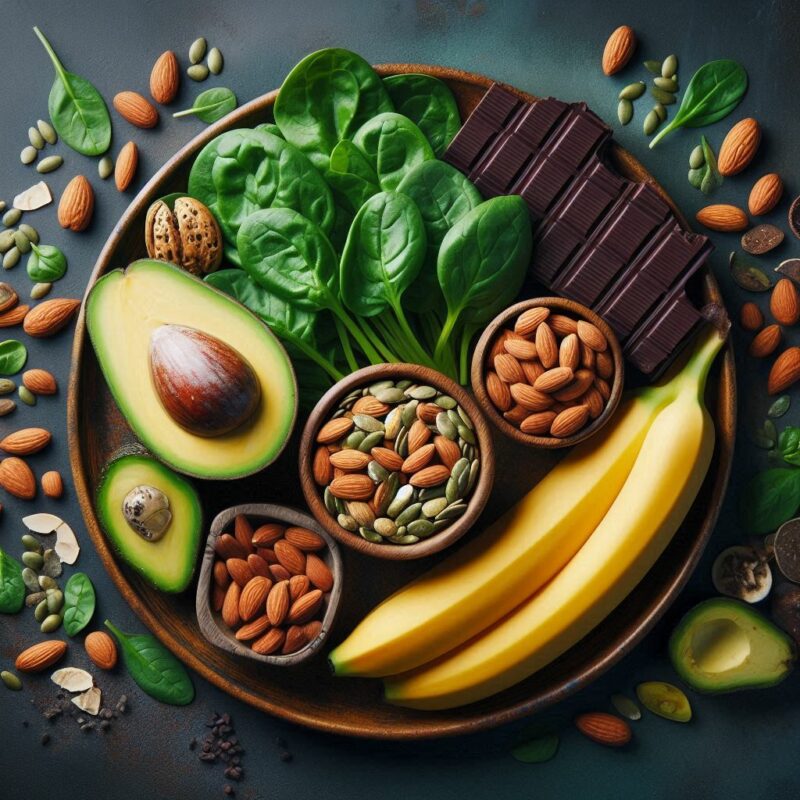Amazing Greens Superfood And Bloom
If you’re looking for a nutritional boost, superfood powders like Amazing Greens and Bloom are buzzing in the wellness community. Both products promise a powerful punch of greens in a convenient, easy-to-use form. By the end of this comparison, you’ll have a clearer idea about what each brand brings to your table—or, more accurately, to … Read more

